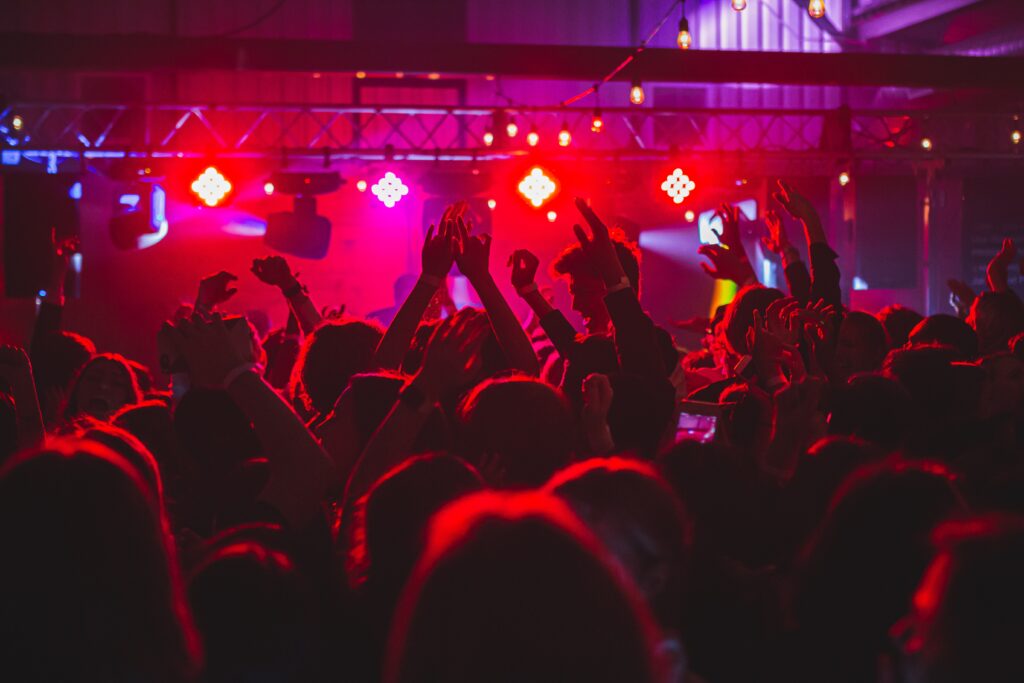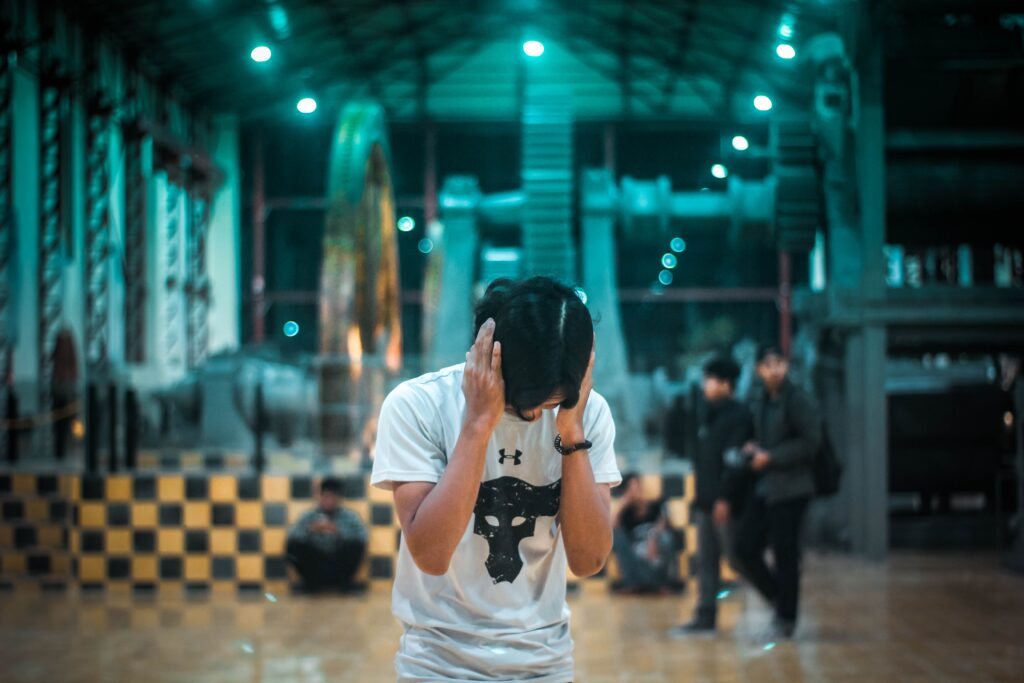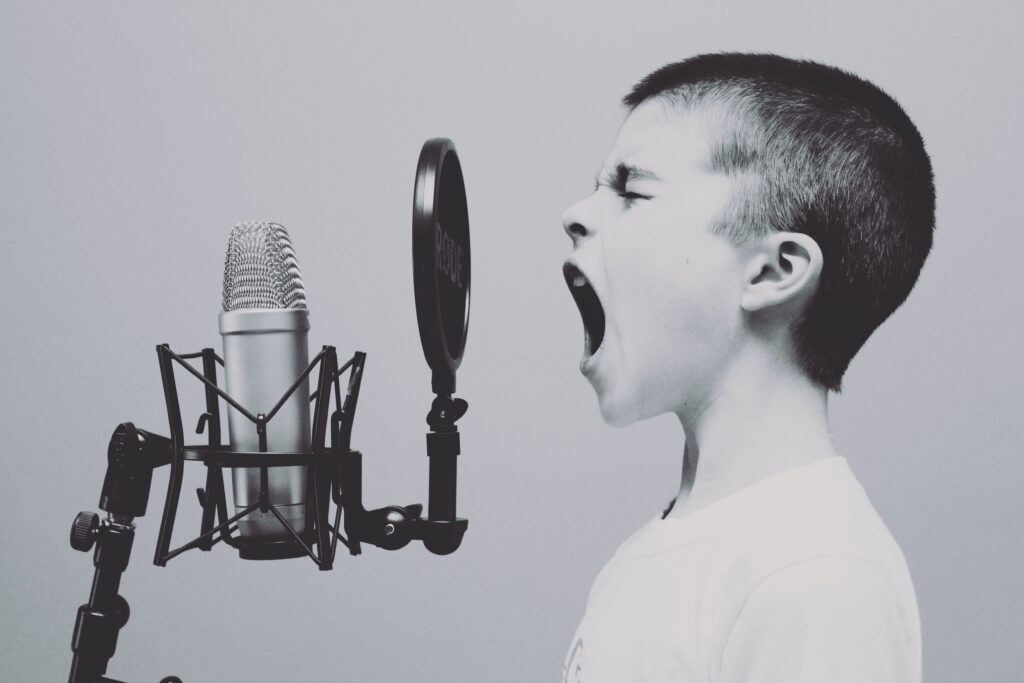How loud is too loud?
Modern teenage culture revolves around music, socialization, technology, and partying. With new types of headphones for new songs, and new clubs displaying their own loud music, more and more young people aren’t paying attention to the long-lasting damage of their conventions. Over 1.35 Billion young adults and teenagers are at a risk for irreversible hearing loss. However, easily incorporated changes to listening habits can be significantly beneficial.
A research study indicates that many young adults regularly listen to their music, podcasts, movies, etc. at approximately 105 decibels. Many venues, such as clubs and bars, have average noise levels that can range between 104 to 112 decibels. These numbers are actually very troublesome because the recommended noise limit is 85 decibels spread throughout a 40-hour week.

There are many factors that shape risks for hearing loss, including the amount of time exposed to the sound, the frequency of exposure, and the intensity of the noise.
Intensity of Loud Noises
Proximity to loud noise and exposure to piercing sounds such as falling trees, firecrackers, and gunshots can cause nearly instant damage to the ears. There may be a distinct ringing aftereffect, which may disappear after a period of time; however, this doesn’t indicate that no damage was done. It’s advised to seek medical attention if there was exposure to significantly loud or concerning noise.
Frequency of Exposure
Studies show that even exposure to moderate noise levels can cause harm, especially if a person is listening for more frequent and extended periods of time. A simple rule to keep in mind is to keep the sound content from devices below 60% of the maximum limit, and if the person next to you can hear from your earbuds, it’s too loud. It’s crucial to give your ears breaks throughout the day and to prevent turning up the volume too much when surrounding sounds increase. To protect your ears in loud venues, limit the time of exposure, stay farther away from the speakers, and wear earplugs when necessary. Consider investing in noise-canceling headphones.

Takeaway
Stay alert of your surroundings, reduce noise exposure, and take precautions. Monitor noise limit alerts on your devices, track sound exposure through credible apps, and stay attentive to signs such as ringing in the ears/tinnitus, problems with following conversations, and difficulty perceiving high pitch sounds. If needed, contact your doctor, take hearing exams, and/or test yourself through apps such as World Health Organization’s hearWHO app. By taking simple steps and changing hearing habits, long-term damage can easily be prevented. Being cautious is vital because once hearing is lost, it can’t be reversed.





